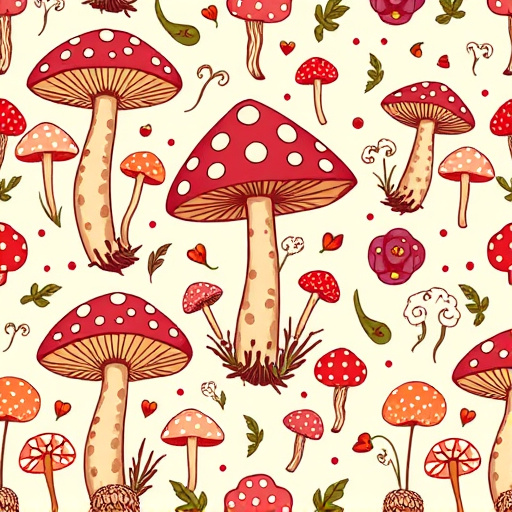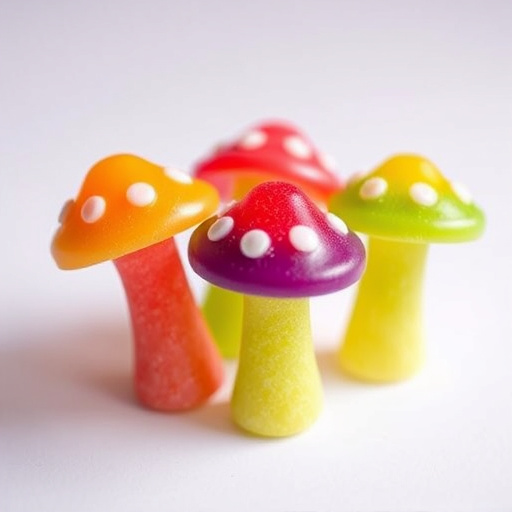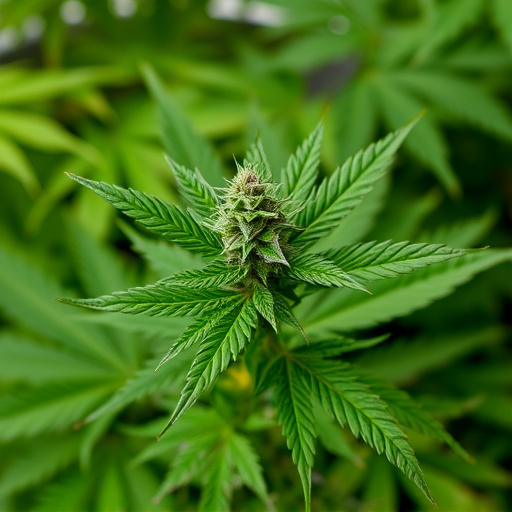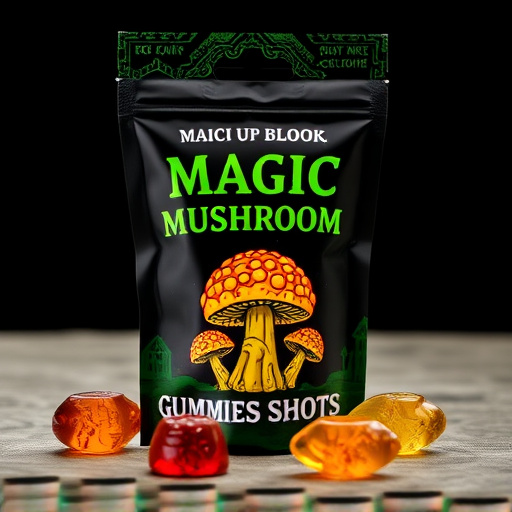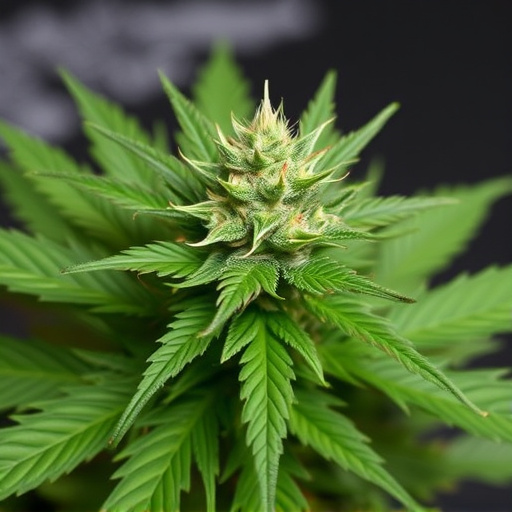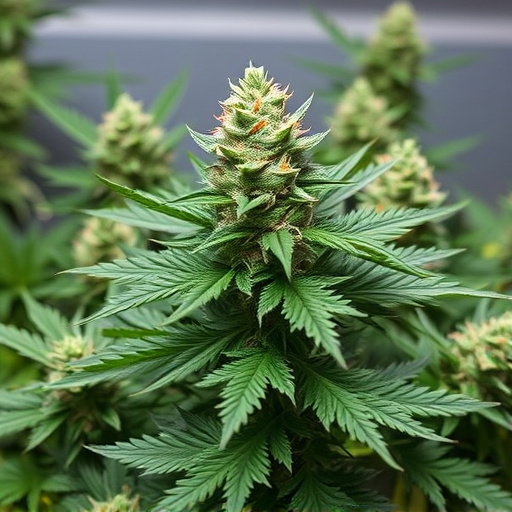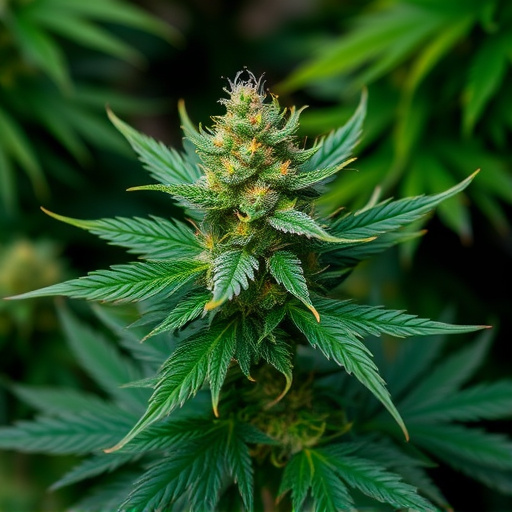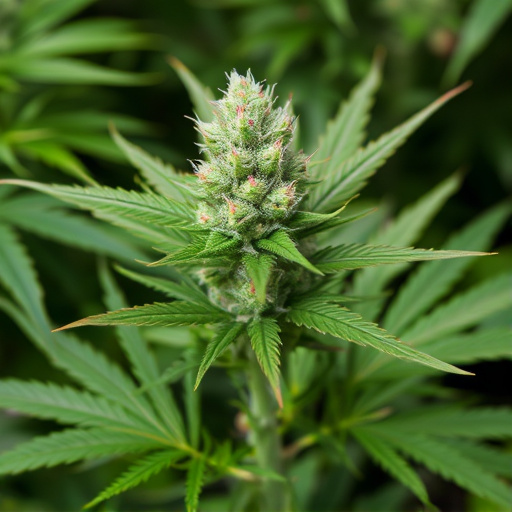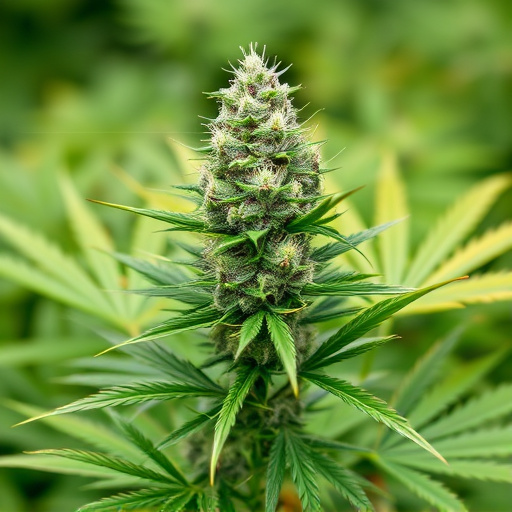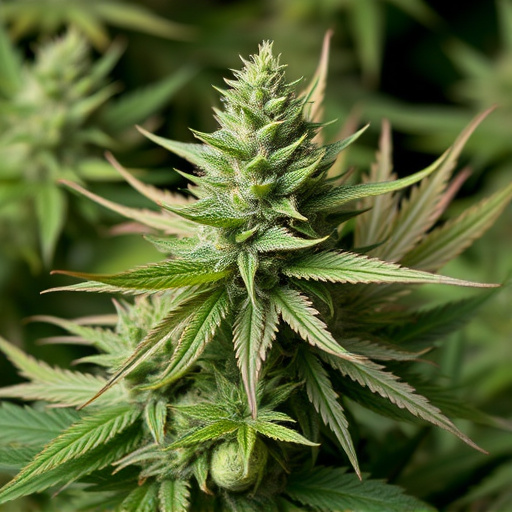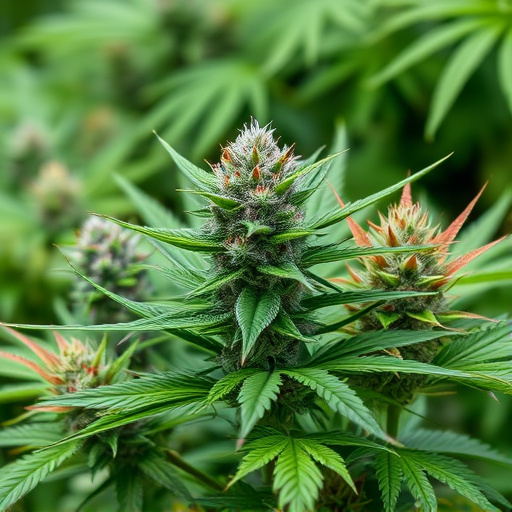TL;DR: Recognize a medical cannabis strain overdose through severe symptoms like dizziness, rapid heart rate, anxiety, nausea, breathing difficulty, or temperature drops. Seek immediate medical help if these occur. For stronger-than-expected highs, create a safe environment, avoid focus activities, and practice relaxation techniques. If an adverse reaction happens, reach out to support groups, counseling services, and medical professionals for recovery options and guidance on managing intake.
“In today’s world, where medical cannabis is gaining acceptance, understanding how to manage its effects is paramount. While cannabis offers numerous benefits, inadvertently consuming too much can lead to unpleasant experiences. This article guides you through recognizing the symptoms of an overdose, offering critical safety measures, and exploring recovery options tailored for cannabis users. Learn about the signs to watch for, practical steps to take, and available support systems. With these insights, you’ll be better equipped to navigate and enjoy medical cannabis strains responsibly.”
- Recognizing Overdosing Symptoms: Understanding the Signs
- Safety Measures: What to Do When You're Too High
- Seeking Help and Support: Recovery Options for Cannabis Users
Recognizing Overdosing Symptoms: Understanding the Signs
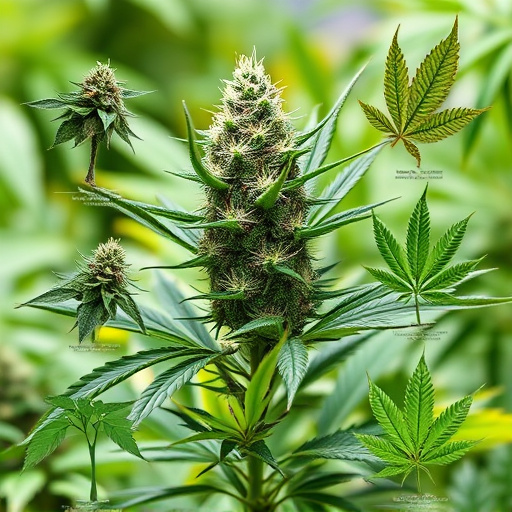
Recognizing that you’re experiencing an overdose from medical cannabis strains is crucial for your safety. While cannabis is generally considered safe, consuming too much can lead to unpleasant and sometimes dangerous symptoms. Keep in mind that the effects can vary based on factors like strain potency, method of consumption, and individual tolerance.
Watch out for signs such as extreme dizziness or unsteadiness, rapid heart rate, anxiety or paranoia, severe nausea or vomiting, difficulty breathing, or a sudden drop in body temperature. If you notice these symptoms, it’s important to seek immediate medical attention. Staying calm and communicating clearly with healthcare providers can facilitate faster, more effective treatment.
Safety Measures: What to Do When You're Too High
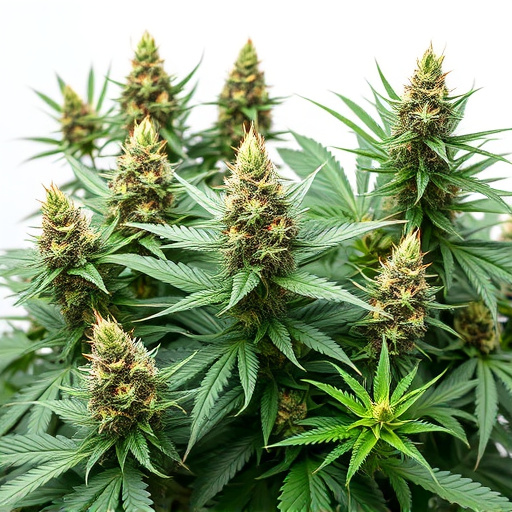
If you find yourself experiencing a stronger-than-expected high from medical cannabis strains, prioritize your safety and well-being. Take a moment to assess your surroundings and ensure you’re in a comfortable, familiar environment where you won’t be disturbed or placed under any immediate pressure. Turn off any stimulating lights or sounds that might overwhelm your senses. If possible, have someone nearby who can assist you if needed—someone who understands your current state and can help guide you through it.
Avoid situations where you need to operate heavy machinery, drive, or make important decisions. Instead, focus on relaxation and take slow, deep breaths. Hydrate yourself with water or a soothing herbal tea. Consume light, easy-to-digest foods like crackers or rice cakes if your stomach feels queasy. Remember, the effects of medical cannabis can vary greatly from person to person; understanding your tolerance levels and choosing strains accordingly is key to avoiding overwhelming experiences.
Seeking Help and Support: Recovery Options for Cannabis Users
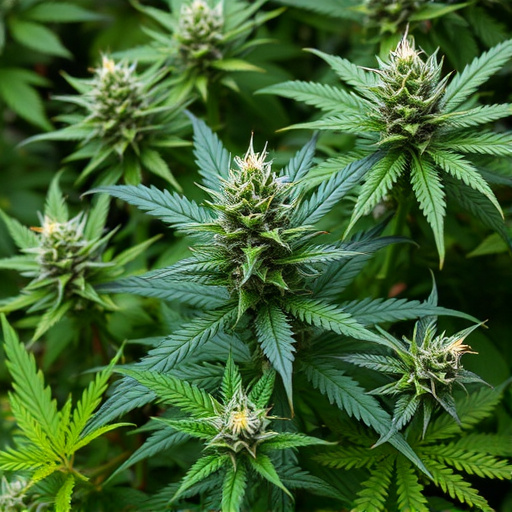
If you’ve consumed too much cannabis and are experiencing distressing effects, it’s essential to know that support is available. Reaching out for help is a sign of strength, especially when dealing with potent medical cannabis strains that can sometimes lead to overwhelming experiences. There are several resources and recovery options tailored to cannabis users.
Support groups and counseling services are great starting points, offering safe spaces to share experiences and learn coping strategies. Additionally, medical professionals specializing in cannabis-related issues can provide guidance on managing intake, recommend specific strains with lower THC levels for future use, and offer treatments to alleviate any lingering effects.
If you recognize symptoms of overexposure to medical cannabis strains, it’s crucial to take immediate action. Implement safety measures like staying in a calm environment and focusing on deep breathing. Seek professional help if needed, as recovery options for cannabis users include various support systems and therapeutic approaches. By understanding the signs and taking proactive steps, you can ensure a safe and healthy experience with medical cannabis.


